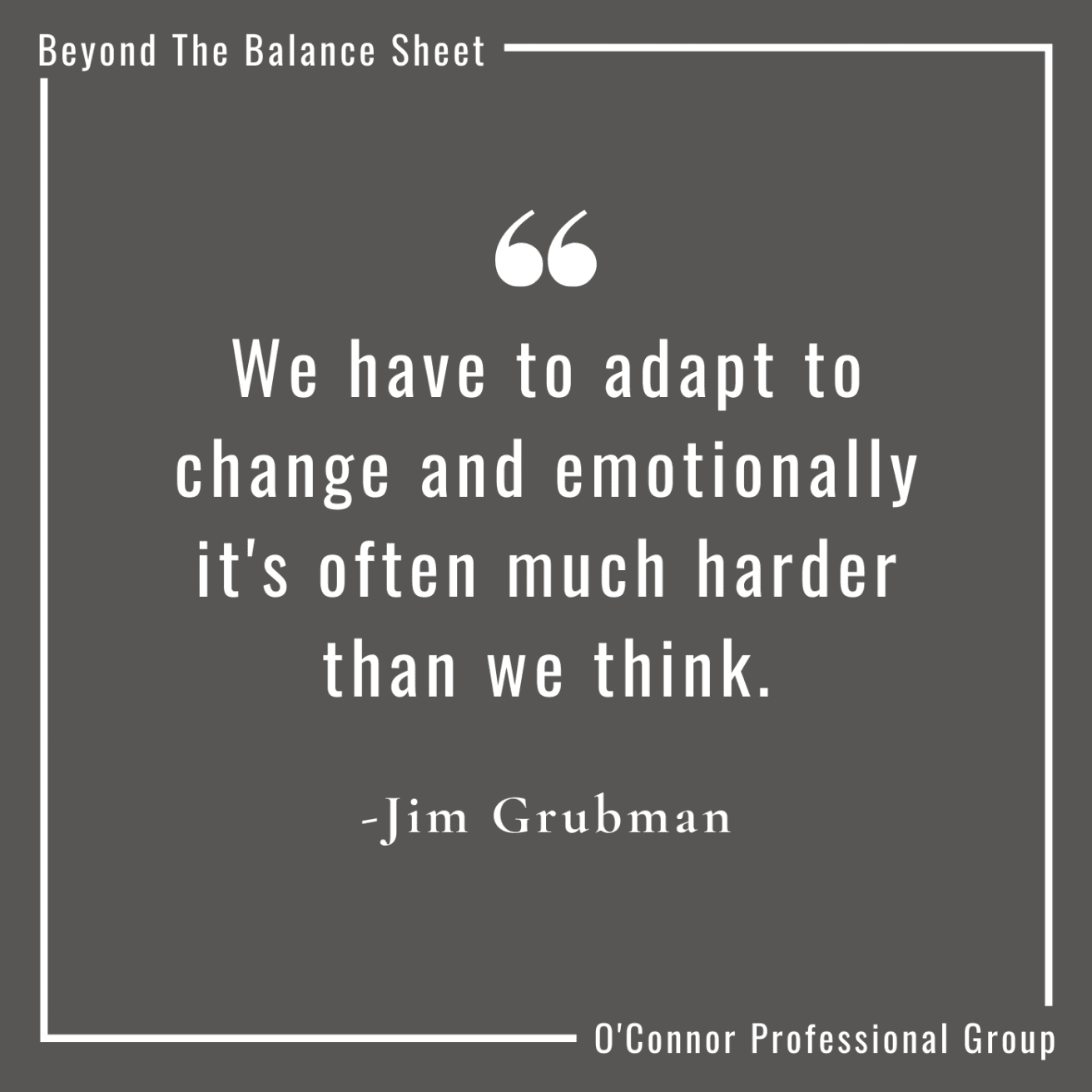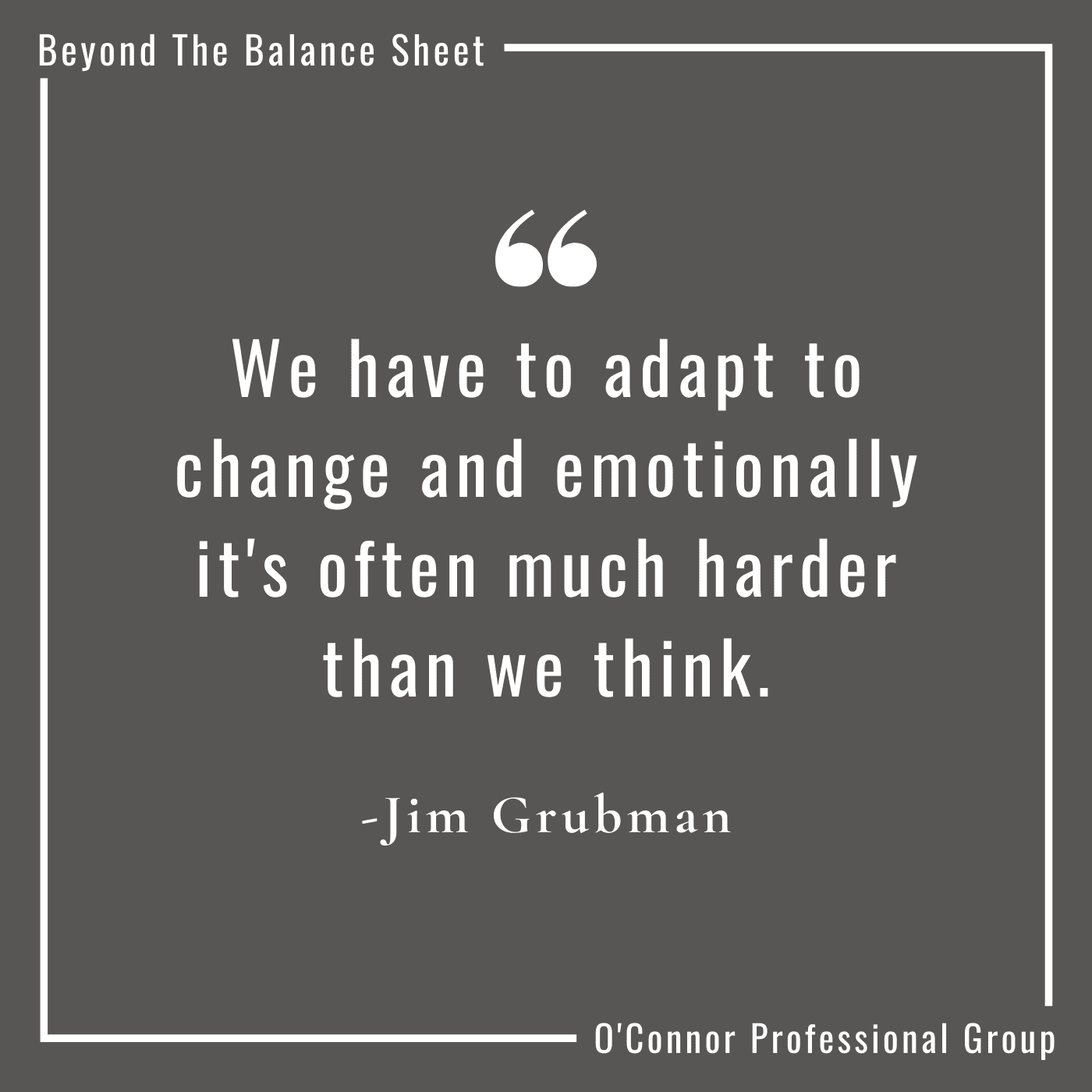Tips for Wealth Management Consultants – Managing Difficult Clients Without Getting Fired


How to Preserve Your Work with a Difficult Client
In the field of high-wealth family consultancy, or really any kind of asset consultation – one of the most prevalent struggles for professionals is maintaining a working relationship with volatile clients without angering them and risking your employment with them. Fortunately, senior multigenerational family consultant Jim Grubman, who has over forty years of experience in the field of healthcare and financial psychology, has advice on this very topic in the form of a discussion on OPG’s Beyond the Balance Sheet podcast.
3 Key Takeaways to Work with Difficult Clients:
- Make sure you act as an objective resource for the family you’re working with
- Understand the stress and psychological complexities of wealth management that clients experience
- Stay open, curious, and easy to talk to with clients in a non-judgmental way
What Causes Difficulty In Client Relationships for Financial Consultants?
There are various circumstances which can cause difficulty in the relationship between client and financial consultant, one of the major ones being a sudden change in income level which often becomes incredibly overwhelming and stressful, something Grubman refers to as “sudden wealth syndrome.” This can often go along with an emotional unreadiness for wealth which can lead to compounded anxiety and even resentment.
An entire family going through this sudden shift in wealth can be even more destabilizing to the group than it would ever be for just a single person, as an entire family’s income level changing can greatly increase the complexity and stress involved.
How to keep the peace in the event of “sudden wealth syndrome”
When managing clients in that situation, it is important to clearly convey that you see your clients as people, that you are able to empathize and understand their problems on a personal level. While still retaining your level of professional distance, it is important to portray yourself as a friendly resource for your clients, someone they can feel comfortable with asking any question they may have without fear of judgment. Once you have established that kind of rapport with your clients, it is quite difficult to break it.
The Importance of Self-Awareness in Successful Client Management
As Grubman explains, one of the most important aspects of understanding your client and working with them correctly – is fully understanding yourself first. As Grubman describes it, a full knowledge of how you react and communicate with clients in these various difficult situations, as well as your own “money story” and “money messages” (as worded by Grubman) is crucial in order to truly empathize and communicate effectively with clients in the various situations they may be dealing with. If you can communicate to clients by empathizing with them and perhaps giving them an example of financial anxiety or issues that you have experienced in the past, and explaining how you worked past them, that can give clients a more material understanding of what your work is and deepen their trust in you.
No matter how difficult a client may seem, it is always important to put yourself in their shoes and gain a deeper understanding of both their situation and your own, and by doing so, you will greatly improve your consultant-client relationships. If a client is able to empathize and trust you to assist with their financial needs, then a healthy long-term partnership can be almost guaranteed.
Contact O’Connor Professional Group
At O’Connor Professional Group, our experts are well-versed in the issues that can arise for wealth management consultants with families, particularly families dealing with substance abuse or mental health issues.
Learn more about our services for consultants here, or contact us today for more information.
